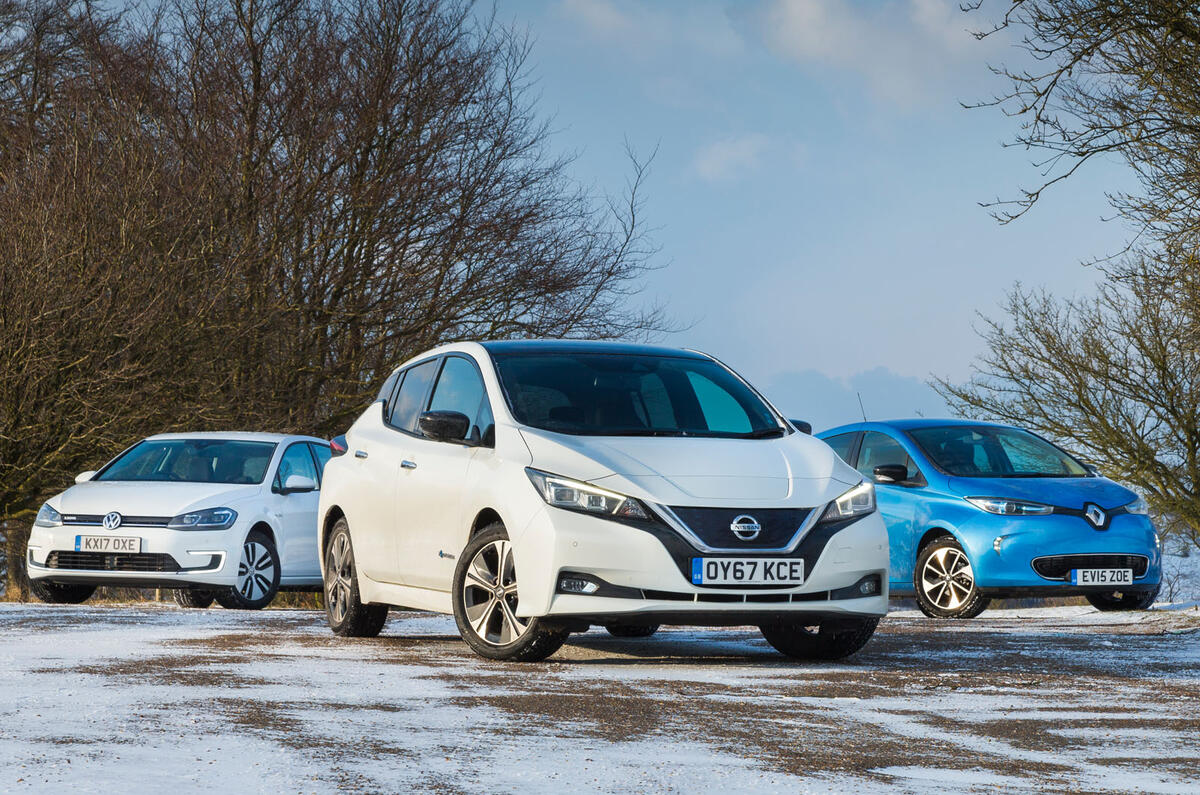Values of used electric cars are plummeting, as Nick Gibbs’ analysis last week laid bare. His report details that values have dropped 18% in the past 12 months and 20% since September, according to Cap HPI data, and worse could be yet to come.
This has fast become the dominant topic of discussion in the car retail world, and is the latest in a series of events that all started with Covid. Car makers stopping production during Covid caused semiconductor chips to be diverted to other industries, and then a shortage of them when car production did return.




Join the debate
Add your comment
Home base money making online job to start getting paid every month extra $15k or more online. just do this job in part time and make extra cash from home. easy job. details on this page……www.jobsrevenue.com